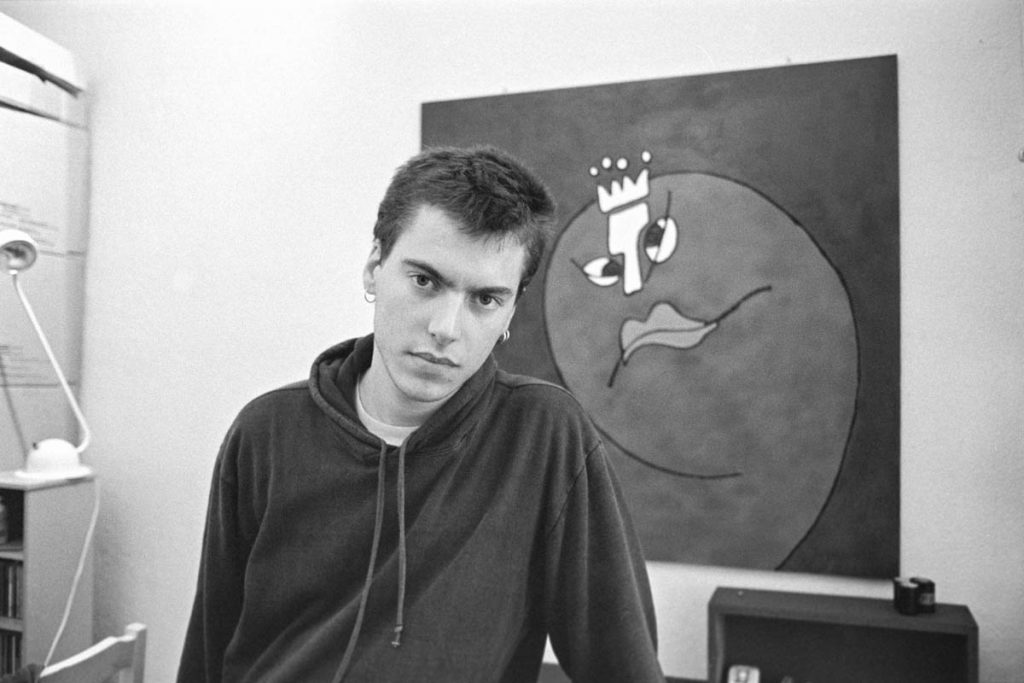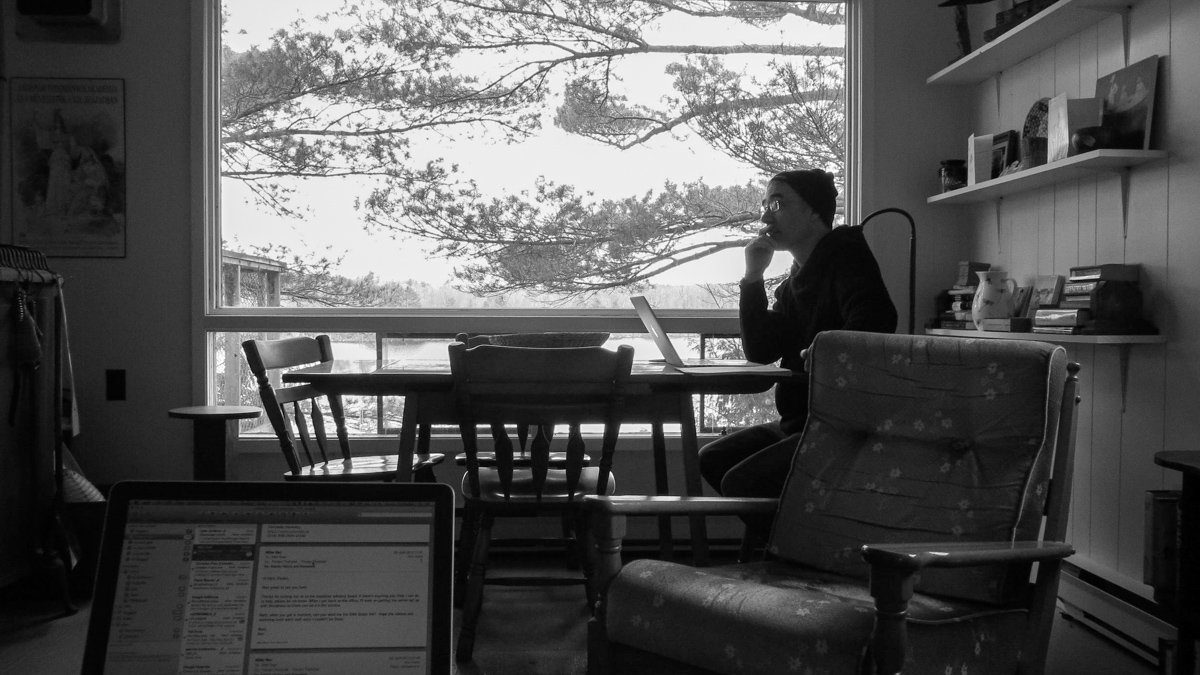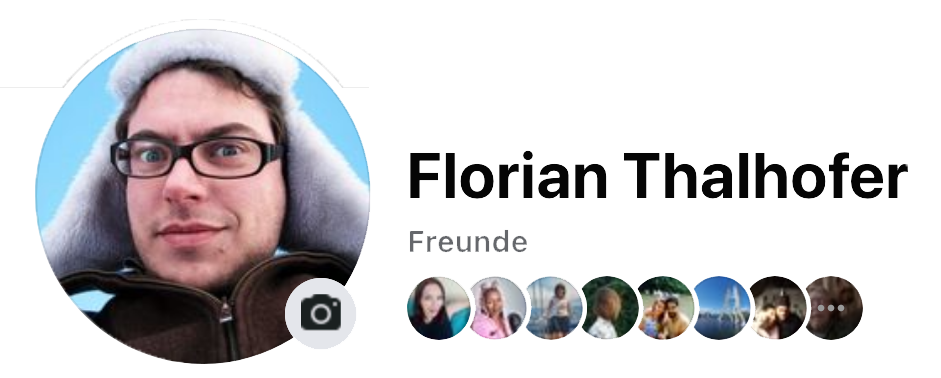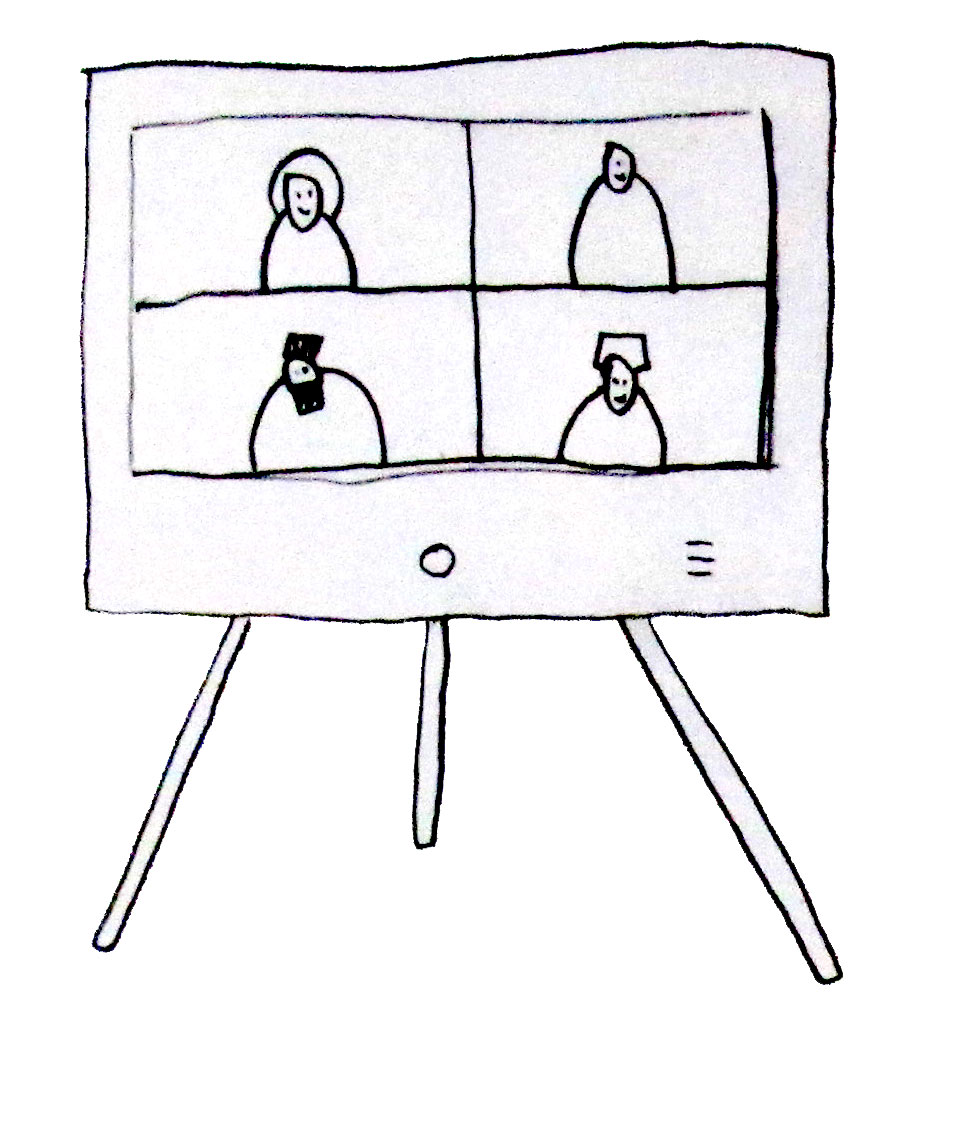
“Everything is a tool that shapes thinking?” you might ask, “How is a cup a tool that shapes thinking?”.
This question can be answered with a simple thought experiment, that works for any thing or thought that has not been present at an earlier point in time.
The thought experiment goes like this:
Imagine what the world would look like, if a particular thing/thought has not been invented?
Thoughts build up on each other. Every thought builds up on previous thoughts just like every experience builds up on previous experiences. What goes for thoughts and experiences also goes for things. If one thing would not have been invented at one point in time, then all the consequential things would not have come into existence either. ( -> path dependence).
What does this mean for “cup”:
No cup, no way to store liquid, no way to store liquid, no way to store gas, no gas, no car. So without a cup we would live in a world without cars (and many other things that can be deep-liked back to the invention of the cup – which is: a lot!).
So everything that is here at the moment, everything that humanity currently has available, shapes our imagination and creativity to imagine possible futures, which is – of course – a first step to get there. And in those futures, the people in the future will imagine and come up with new things and thoughts. Things and thoughts that then again build the groundwork for future things and thoughts.
Just like in the past. When you look back at the past you can see how one thought is built on others and how thoughts branch off from on an other, just like an idea that has many implications, just like “no cup” “no car” and also “no cup”, “no coffee” in front of me, next to the computer on which I type these words. And most likely, “no cup” “no computer”, either and maybe not even the words, or at least far fewer words and certainly no typing, because most likely, without the invention of a cup, typing would not have been invented, either.
Let’s get off this rollercoaster of a thought experiment and get back to the comfort of our world now.
So what do you see, when you look through your eyes?
All the things you can see, can be put in one of two categories.
A) Things that you understand and B) things that you don’t understand.
And if you are like me (or most grown ups for that matter) there are far more things in front of you, that you understand, than you don’t understand. And understanding only means, that you are satisfied with the level of understanding, you have reached. The vacuum cleaner for example, that lies next to me (I need to clear it away at some point) –
of course I don’t understand on a deeper level how this vacuum cleaner functions, but I have a general understanding. I certainly don’t understand the details and I might not even know all it’s practical uses, but I am happy with my level of understanding. I don’t want to explore deeper. Only my attitude (not the thing itself) makes this vacuum cleaner part of my universe of things that I understand.
I treasure the things I don’t understand more. Other people for example, especially the ones who are close to me.
I understand that there are people that see this the opposite way. Some people seem to be happy to live in a world, they understand. Where they have reached a level of understanding they are fulfilled with. And nevertheless I can see the comfort this might have (for example there is far less doubt), I do not envy these people. I am a seeker, a researcher using scientific tools and methods to understand better.
Things shape thinking and thinking shapes things.
It is this feedback loop, that propels us humans forward.





